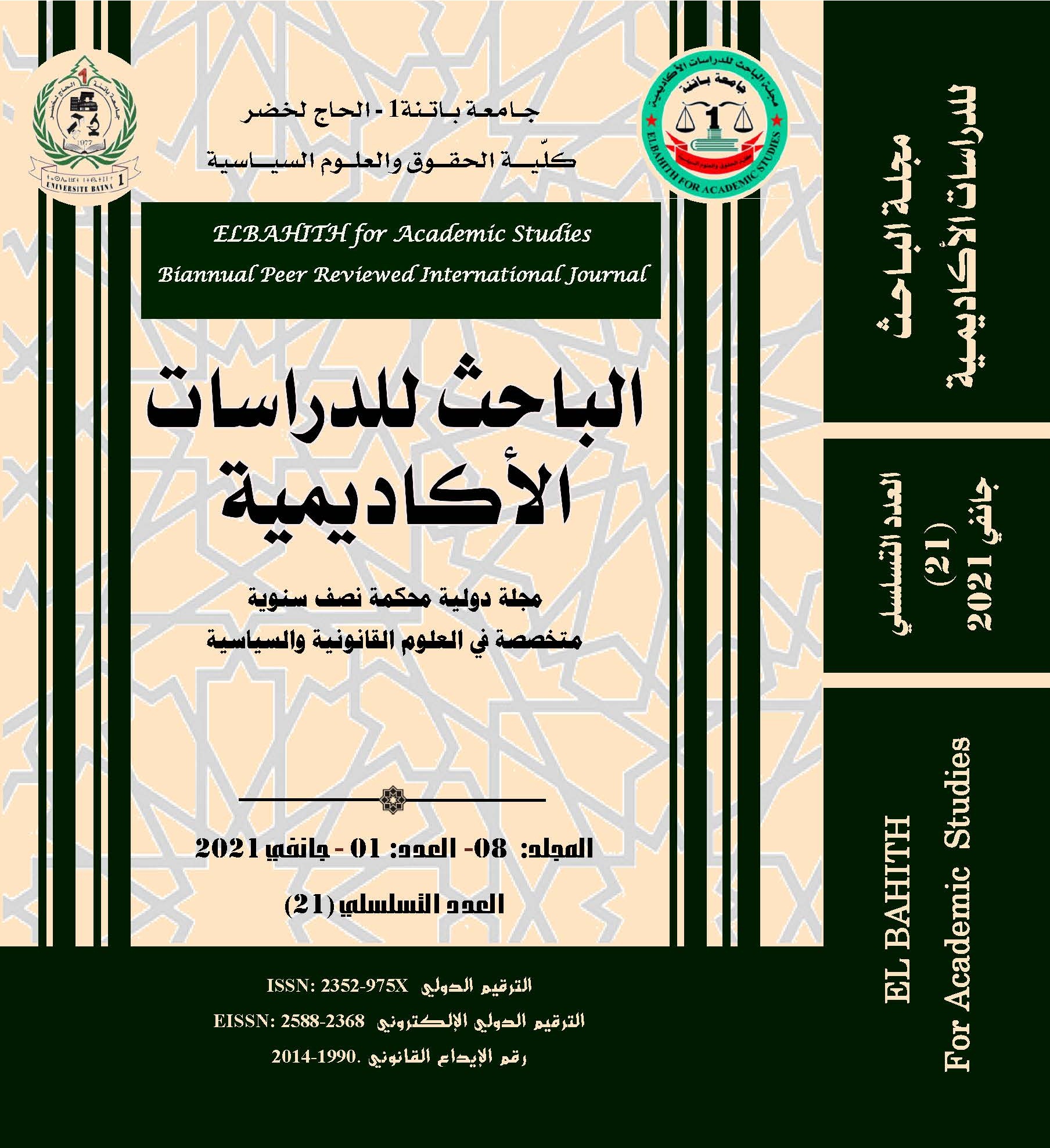Democratic Transition in Central Asia: Reluctant Democratic Approach
DOI:
https://doi.org/10.59791/efas.v8i1.1047Keywords:
Democratic Transition, Central Asia, Post-Soviet Transitions, Democratization, Geopolitical PolarizationAbstract
This study discusses the problem of the reluctancy of democratic transition and the failure of the internal democratization process in the Islamic republics of post-Soviet Central Asia. Then I will examine the reasons behind this state of affairs, despite the passage of more than three decades since its involvement in the political and economic transformation paths towards democracy since the declaration Independence from the Soviet Union in 1991.
Given that the transition towards democracy is not linear in global legacy, the particularity of the Islamic republics to external/domestic factors as shwon by some variables and measuring indicators of the state of democratization, such as the fragility of civil society, the continued authoritarianism of the ruling political elites, constraining freedoms, the repression of opposition movements and the control of traditional structures over society. The current situation maybe explained also by some external environmental factors, such as the intense geopolitical competition and the sharp international polarization within the region, after its geopolitical rise on the international stage in the Post-Cold War.
Downloads
Published
How to Cite
Issue
Section
License

This work is licensed under a Creative Commons Attribution-NonCommercial-NoDerivatives 4.0 International License.




